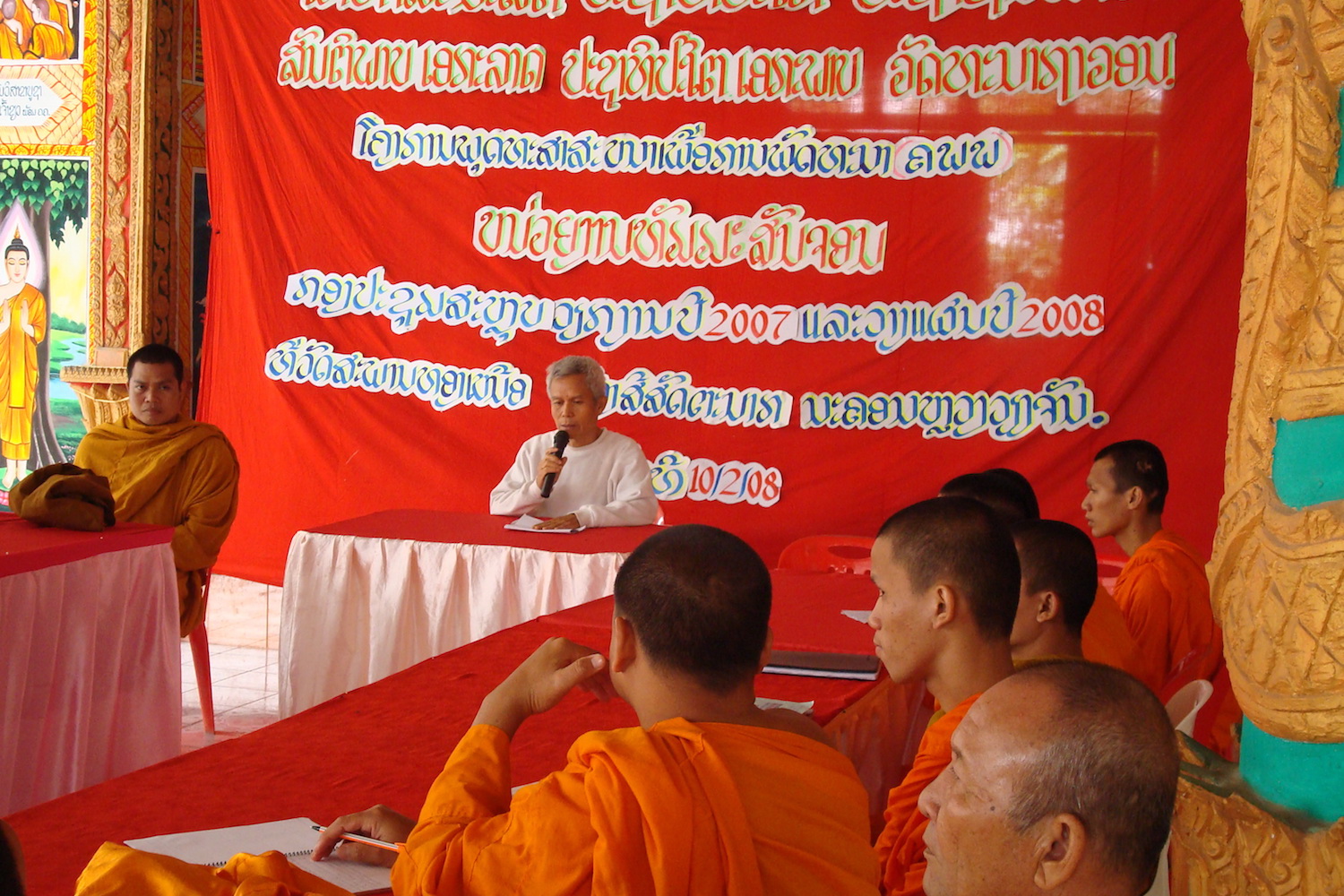Huffington Post: 31 August 2014
By Geoffrey Mock
“A mother’s broken heart keeps waiting to know something about her only son, whom she has not seen for 670 days. A new hope is born on every sunrise to see Dr. Mohamed Arab once again with us.”
These words from the sister of Syrian doctor Mohamed Bashir Arab reveals something about the special hell family members go through when loved ones face “enforced disappearances” by government authorities. An “enforced disappearance” takes place when a person is arrested, detained or abducted by the state or agents acting for the state, who then deny that the person is being held or conceal their whereabouts, placing them outside the protection of the law.
From Syria to El Salvador, North Korea to Laos, family members wake every morning hoping that this is the day that some news is confirmed, and to end every day being denied information and closure.
Each year, August 30 marks the International Day of the Victims of Enforced Disappearance, which aims to highlight the plight of thousands of people around the world who have been subjected to enforced disappearance and the suffering of their families. But it is not enough to just highlight the names and stories of the disappeared: This should also be an occasion to act.
We act on behalf of 62-year-old Laotian civil society leader Sombath Somphone, who was abducted in December 2012. Video footage shows him getting out of his car to talk to police after being stopped at a checkpoint. A motorcyclist then drives up and takes his car, and moments later a truck with flashing lights pulls up and takes Somphone away. Laos authorities deny arresting him or having anything to do with his disappearance, and have failed to thoroughly investigate the case.
We act on behalf of political cartoonist/journalist Prageeth Eknaligoda of Sri Lanka, a country where journalists have been at particular risk for threats and harassment. He went missing on January 24, 2010, shortly after leaving work at his news office. He had told friends in the days leading up to his abduction that he suspected he was being followed. When his wife tried to lodge a complaint the day after he disappeared, she was detained for several hours. Since 2006, 14 journalists have been killed in Sri Lanka without anyone being held accountable. Many others have been detained or threatened.
We act on behalf of six Palestinian men who were “disappeared” while in custody in a Palestinian Authority detention center in on March 12, 2002. Government officials have provided little information about the whereabouts of the men, telling family members only that “they had escaped prison and fled to Israel.” Before their disappearance, family members of the six men reported that they showed signs of torture, such as marks on their hands and feet that indicated they were tied in painful positions. At no time were the men formally charged.
We act on behalf of hundreds of Syrian detainees who appear to have been subjected to enforced disappearance. While the number of disappearances has increased since the beginning of the Syrian uprising in 2011, the practice is not new. Amnesty International has been documenting cases of enforced disappearance in Syria since the late 1970s.
In every one of these cases, there is an answer. There is someone in these governments who knows where these people are or what happened to them. We implore these governments to cease the practice of enforced disappearance, and to thoroughly investigate the whereabouts of all people who have been disappeared.
